Hair will often fall out due to diseases or natural aging. Did you know that hair problems can be caused by an unbalanced diet and insufficiency of essential vitamins and elements? In this article, you can find information about five of the most important vitamins and their sources.
Vitamin H (biotin)
Biotin positively affects the elasticity of our hair, and reduces dryness and brittleness. It is involved in the synthesis of keratin – the most important element of hair structure. Vitamin N can slow down the graying process.
Daily amount. Up to 100 mg (teenagers and adults).
Some symptoms of deficiency:
- hair loss (sometimes even eyebrows and eyelashes),
- chronic conjunctivitis,
- skin problems,
- mild depression.
Primary sources:
- brown rice,
- bulgur,
- green peas,
- lentils,
- oats,
- brewer’s yeast.
Vitamin A (retinol)
Vitamin A is very important for our vision, and hair needs a sufficient amount of it as well. Vitamins A and E are often called “beauty vitamins.” Retinol is an excellent antioxidant that protects hair cells from destruction. Sebum production provides a natural defense against dryness and brittleness.
Daily amount. Up to 25,000 IU.
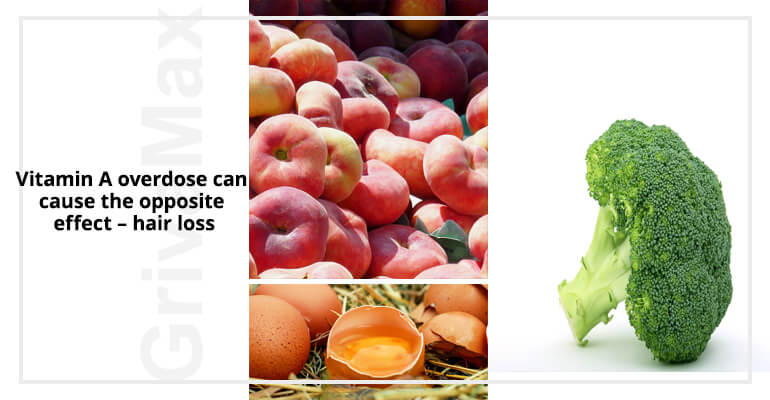
Some symptoms of deficiency:
- problems with vision,
- skin lesions,
- dry eyes,
- decreased immunity,
- growth problems.
Primary sources:
- fish fat,
- shrimp oil,
- liver,
- chicken yolk,
- carrot,
- pumpkin,
- spinach,
- broccoli,
- peaches.
Attention: retinol is a fat-soluble vitamin. Therefore it should be consumed together with fats, for example, olive oil.
Vitamin E (tocopherol)
Vitamin E is responsible for the beauty of our skin and hair. This antioxidant protects us from the destructive effect of free radicals. Vitamin E enhances blood circulation, giving your hair more nutrition which causes it to grow better. Tocopherol affects the immune system in a way that eliminates the risk of hair loss.
Daily requirement. At least 400 IU. Caution: Vitamin E dilutes blood, so don’t take it before surgery.
Some symptoms of deficiency:
- muscle weakness;
- numbness, limbs tingling;
- deterioration of vision;
- flabbiness of the skin;
- stains on hands;
- destruction of the liver;
- fatigue, irritability;
- reproductive problems.
Important sources:
- nuts;
- beans;
- soybeans;
- greens;
- wheat germ oil, and soybean and cottonseed oil.
Attention: Vitamin E is fat-soluble, similar to retinol.
Vitamin B5 (pantothenic acid)
This vitamin is not so well-known, but it is often used by estheticians. Vitamin B5 plays an important role in the prevention of the graying process and age-related hair loss. It strengthens the cells of the follicles and helps exfoliate dead skin cells.
Daily requirement. Up to 0.8 g (up to 1.5 g for the treatment of skin diseases).
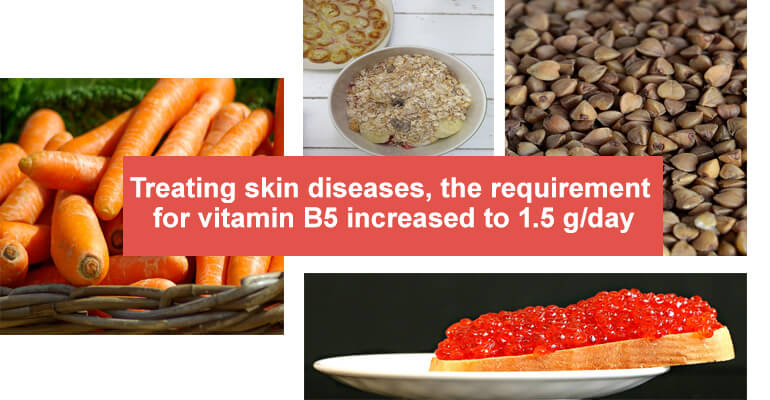
Some symptoms of deficiency:
- fatigue and depression,
- insomnia,
- nocturnal pains in the legs,
- headache,
- nausea,
- dyspepsia and ulcers.
Main sources:
- whole foods,
- eggs,
- yeast,
- greens,
- hazelnut,
- organ meats,
- buckwheat,
- oatmeal,
- caviar,
- milk.
E. coli produces a lot of pantothenic acid inside the body.
Vitamin В8 (inositol)
It is not exactly a vitamin, but a vitamin-like element. Usually, 75% of it is produced by our body. Inositol maintains the health of cell membranes, especially in the eyes, intestines, brain, and bone marrow. It participates in the construction of protein structures, and prevents hair loss and fragility. Some people suffering from alopecia took supplements with inositol and achieved positive results.
Daily requirement. 5-8 grams per day (including vitamin B8).
Some symptoms of deficiency:
- insomnia,
- irritability,
- constipation,
- poor vision,
- skin problems,
- hair loss,
- infertility.
Main sources:
- beans,
- sesame and sesame oil,
- citrus and melon,
- wholemeal products,
- brewer’s yeast,
- barley grits,
- oatmeal,
- peas.
Of course, you can get all these vitamins from food supplements. However, supplements cannot replace a full-fledged, balanced diet, because hair and our whole body need not only certain vitamins. Necessary elements are much better absorbed in their natural form. So enjoy healthy food and admire the beauty of your hair!
 1,163
1,163
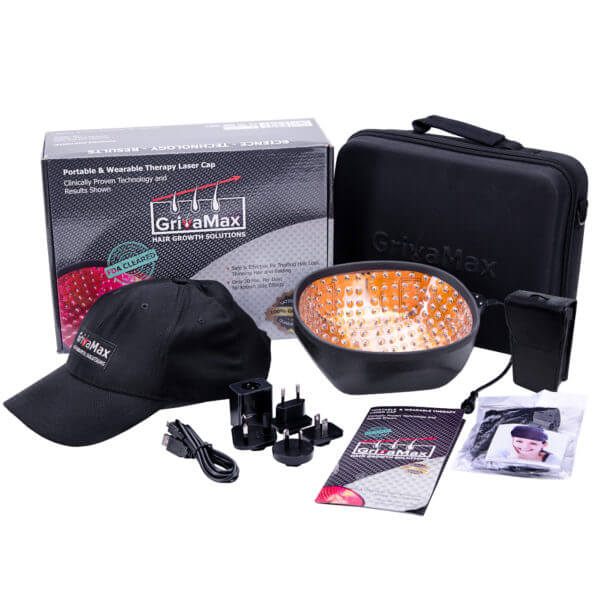
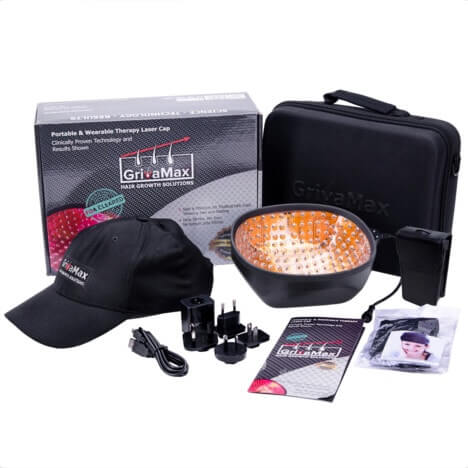
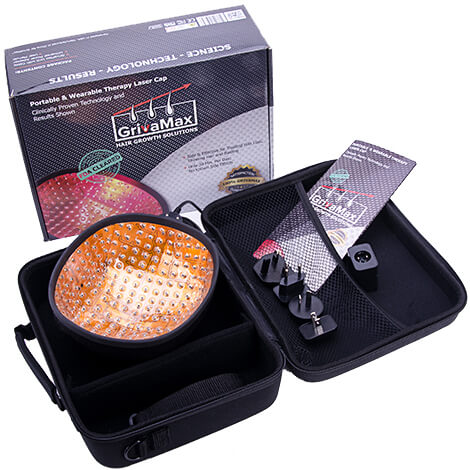




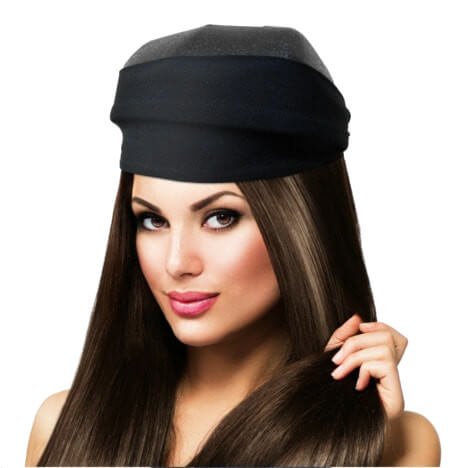

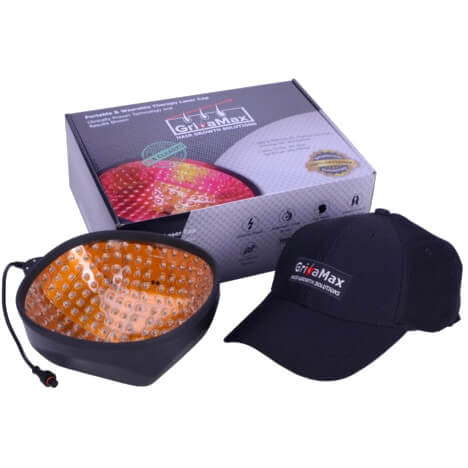

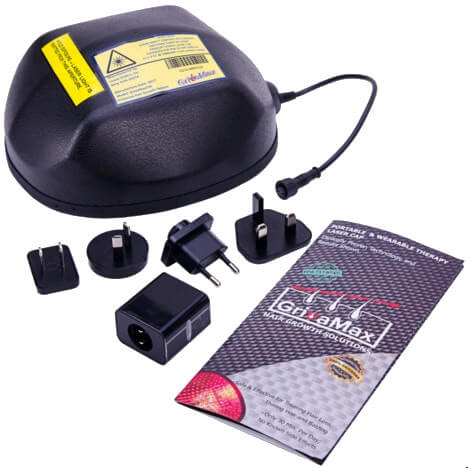



I didn’t even realize that a lack of vitamins could cause hair loss.
If I understood correctly, this information could not be applied to androgenic alopecia, where only serious measures can help.
This is not entirely true. A lack of vitamins could be a trigger for hair loss. If you are following diets, the treatment will give its results, but not right away. Therefore, we suggest you balance your nutrition, consult a doctor, and choose the best way to treat baldness.